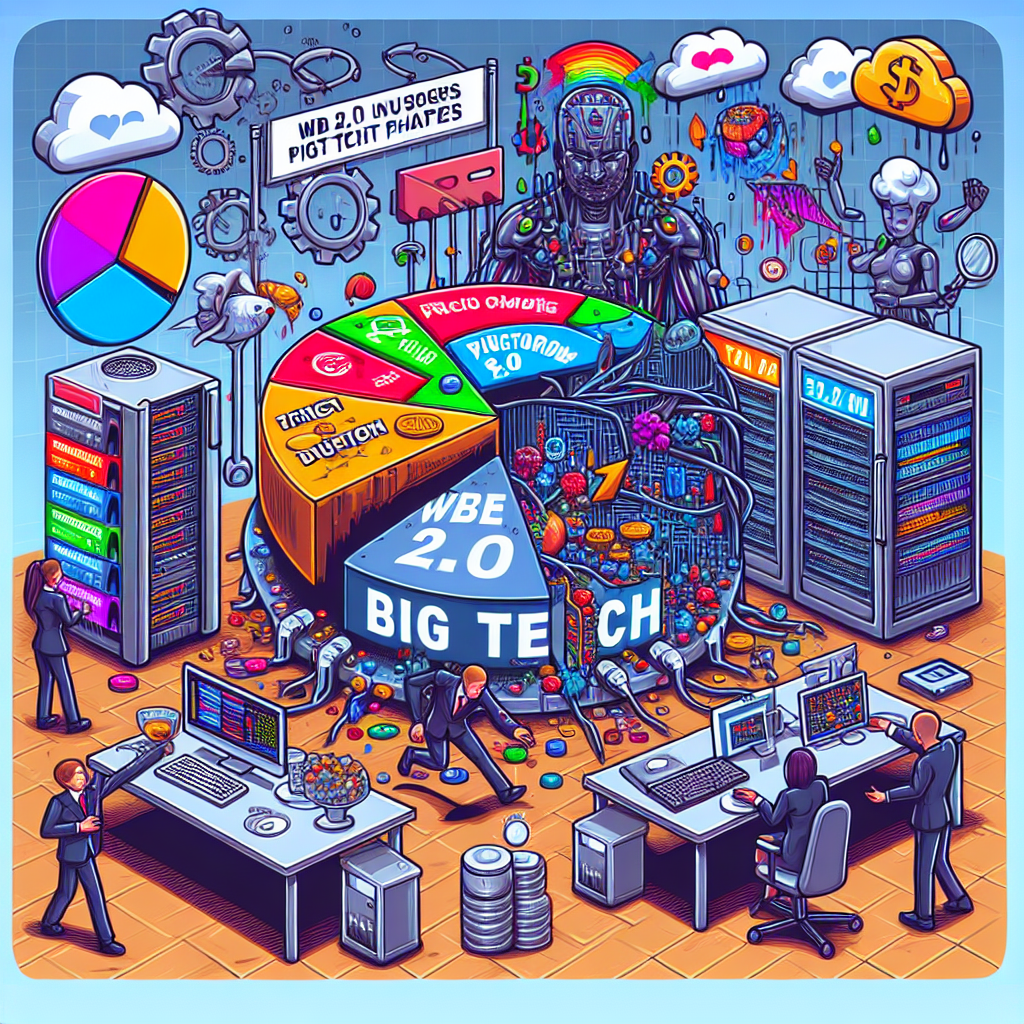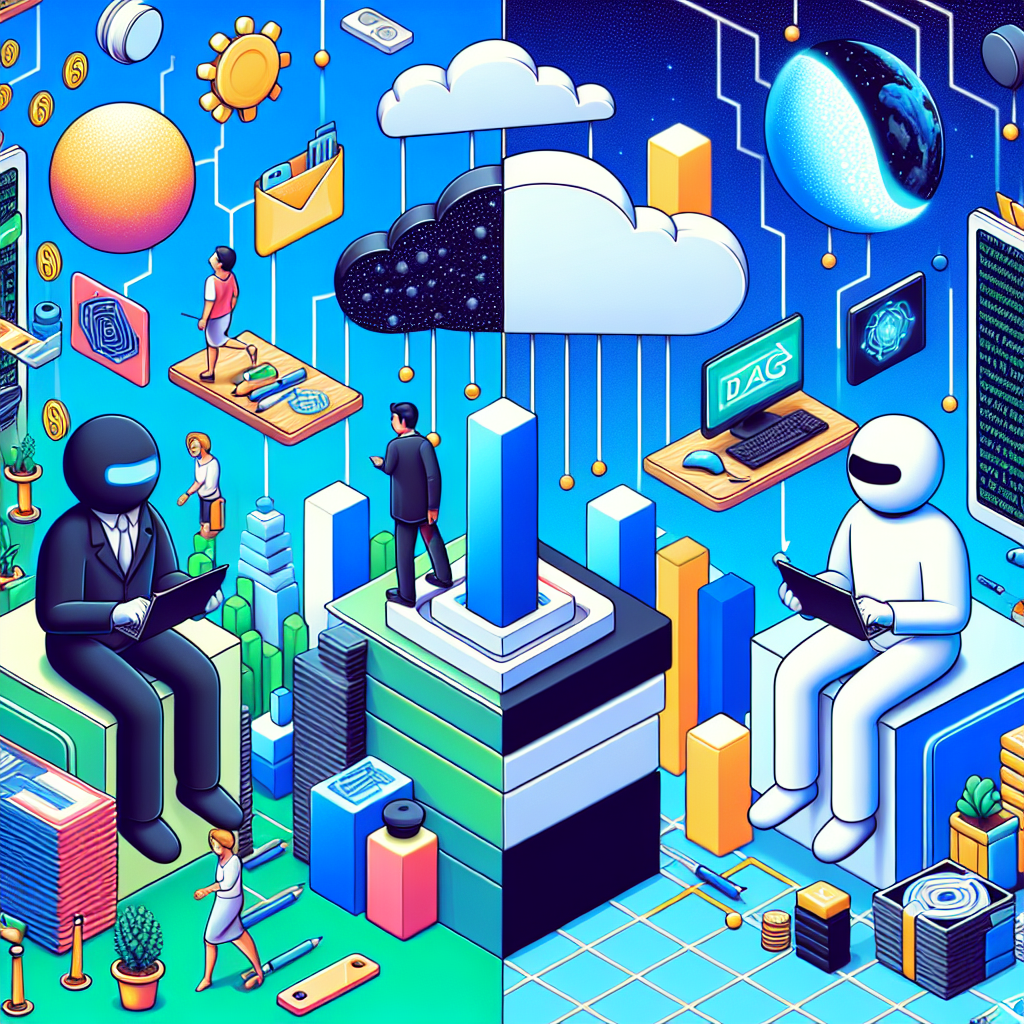Tag: Big Tech
According to a recent survey, a considerable majority of internet users believe they should receive a portion of ...
The Rising Importance of Decentralized Data Crowdsourcing In a technological landscape overshadowed by Big Tech, an innovative concept ...





